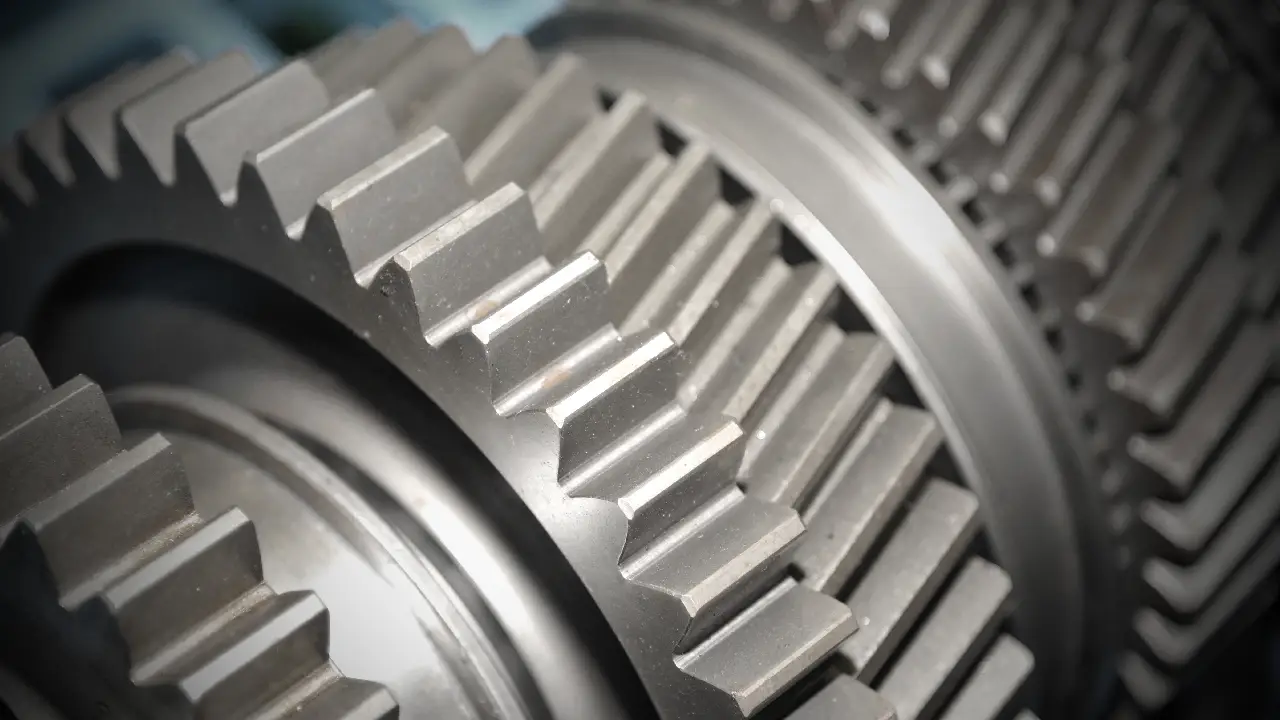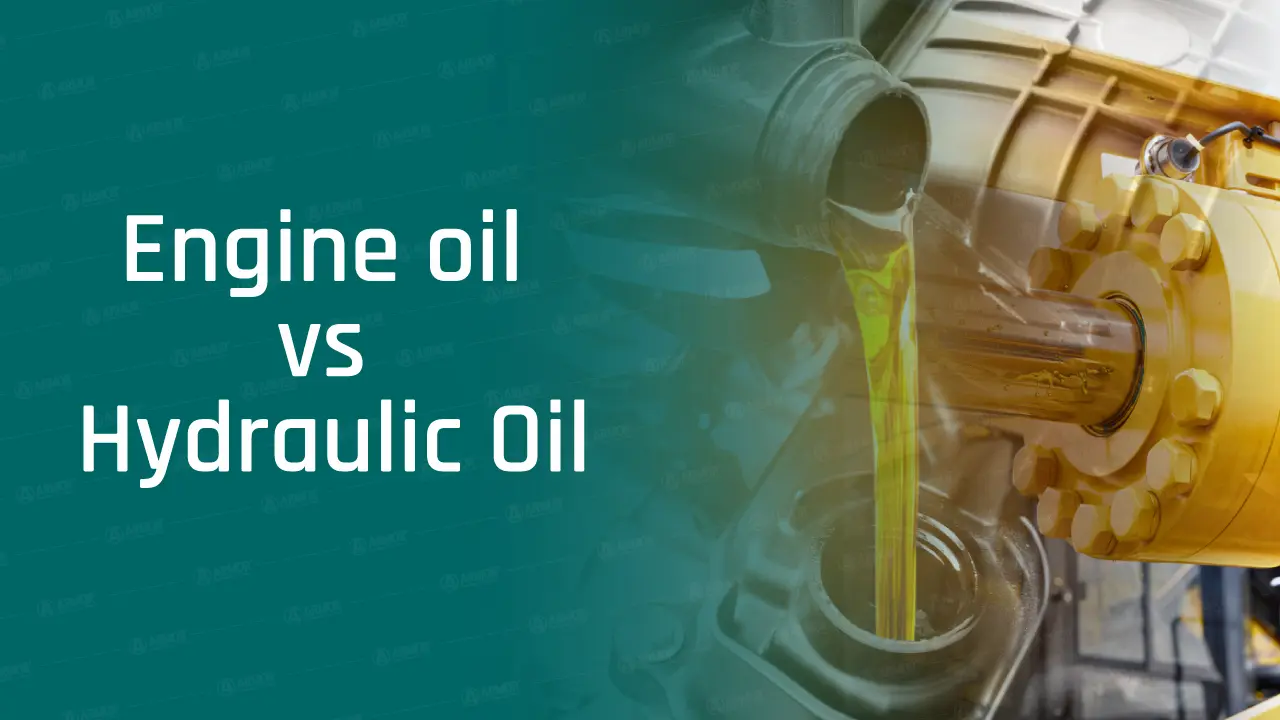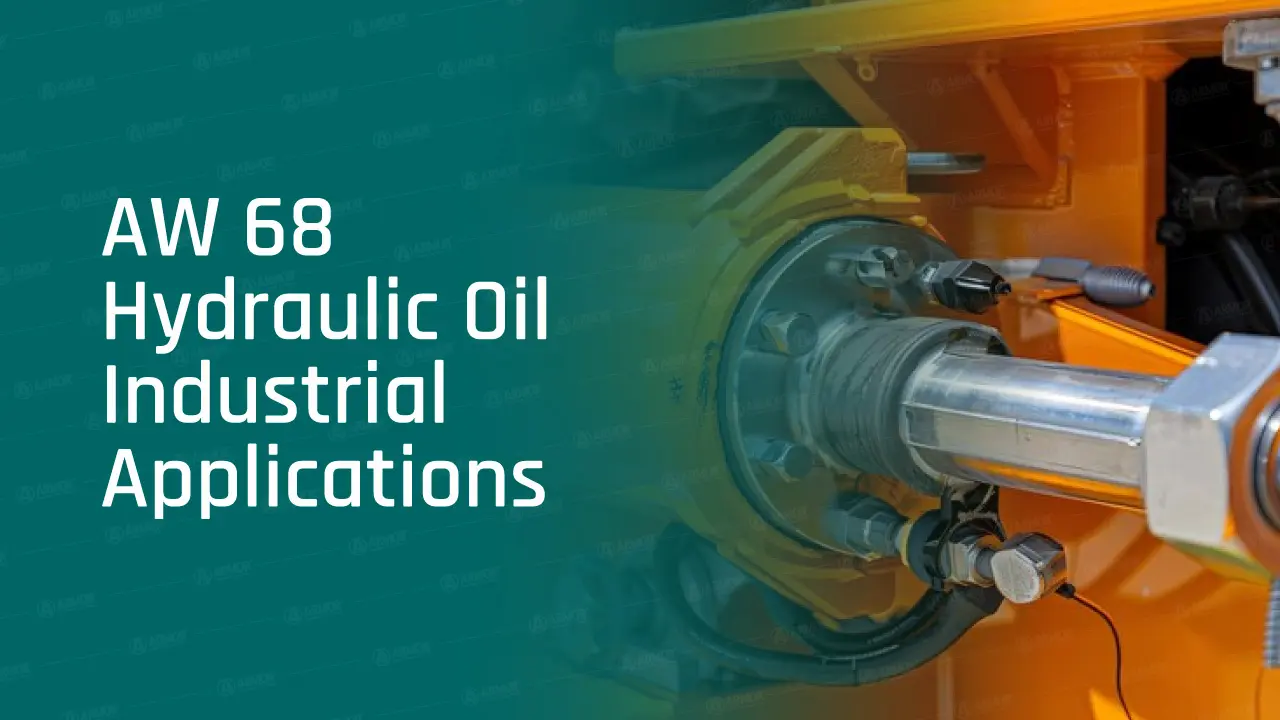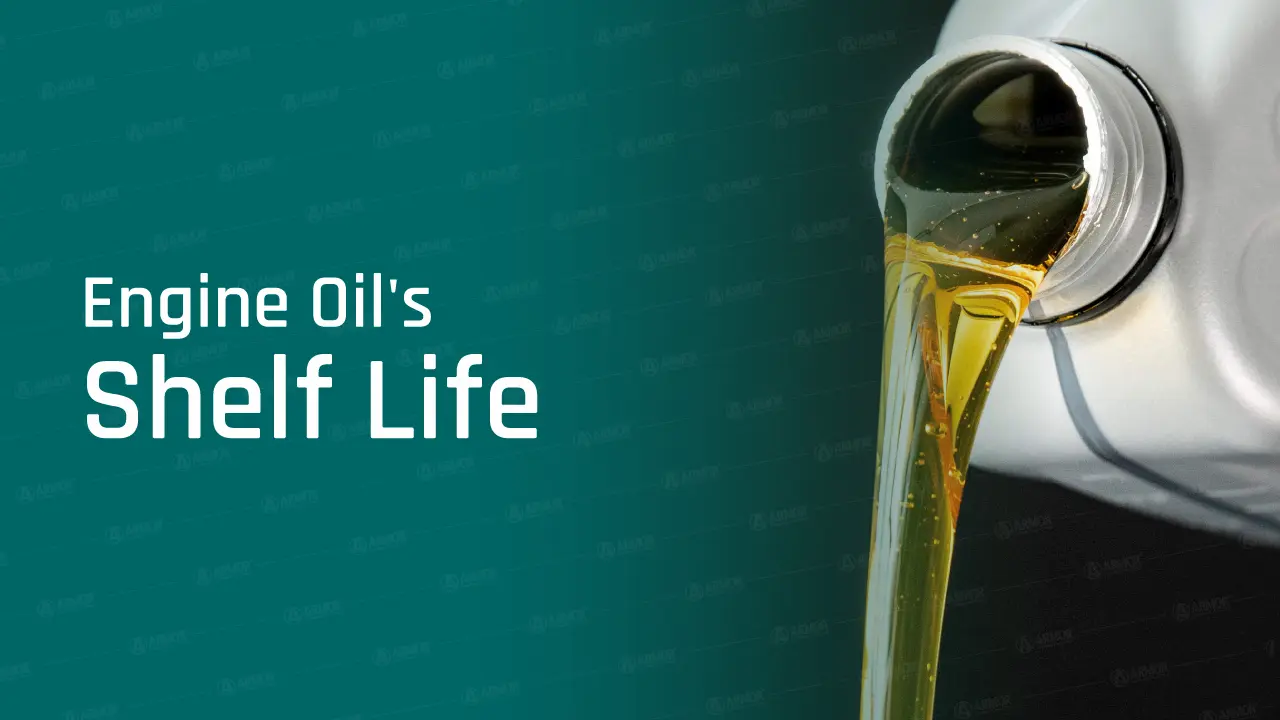- Armor Blog
- Company
- Why Investing in High-Quality Antifreeze Engine Coolant is Essential for Engine Longevity
You’re cruising along a scenic highway in your favorite car, the sun dipping low on the horizon, casting a beautiful golden hue on the surrounding landscapes. Suddenly, you notice a dreaded sight on your dashboard – the temperature gauge is inching perilously close to the red zone. Your car’s engine is overheating.
Why do car engines need cooling, you might wonder? The answer lies in the heart of the machine itself, the engine. The engine is the powerhouse, the beating heart of your car, converting fuel into the mechanical energy that propels you down the road. But this process is far from perfect, and only about a third of the energy from the fuel actually goes into moving your car. The rest? It’s transformed into heat. Lots and lots of heat.
Without a cooling system, this heat would quickly rise to dangerous levels, causing engine parts to warp, melt, or even seize. An overheating engine can turn your leisurely drive into a roadside breakdown in the blink of an eye, and repeated overheating can lead to costly engine damage.
But the cooling system isn’t just about keeping things cool – it’s also about maintaining the right temperature. An engine that’s too cold won’t run efficiently, and one that’s too hot risks damage. The thermostat is the sentinel that keeps watch over the engine’s temperature, regulating the flow of coolant to maintain the engine’s optimal operating temperature.
Engine oil is the ultimate multitasker. It lubricates, cools, cleans, and protects. It serves as a lubricant, creating a protective film that prevents metal-on-metal contact. It helps regulate engine temperature by absorbing heat from engine components and dispersing it. It washes away dirt and metal shavings, keeping the engine clean. And it protects against corrosion, helping to prolong the engine’s life. It’s a tireless workhorse, performing its duties with unyielding diligence.
However, engine oil has a nemisis called excessive heat, as the engine’s temperature rises, the oil’s viscosity, or thickness, starts to change. At high temperatures, oil becomes thinner, its protective film weakening. This can lead to increased friction between engine components and, ultimately, wear and tear. The oil’s ability to absorb and disperse heat diminishes, leading to a hotter engine. And its capacity to clean and protect is compromised, potentially resulting in a buildup of dirt and sludge, and increased susceptibility to corrosion.
Beyond a certain temperature threshold, the oil starts to “break down”, a term that sounds as disastrous as it is. This breakdown leads to the formation of harmful by-products like varnish and engine deposits. These by-products can clog up engine parts, hampering performance and potentially leading to engine failure.
How Does Engine Coolant Manage Heat
The engine coolant’s primary job is to absorb heat generated by the engine and dissipate it through the radiator. This process is crucial because an engine operates efficiently within a specific temperature range. If the engine gets too hot, it can cause damage due to overheating, such as warping of the metal components, or at worst, a complete engine failure. On the other hand, if the engine is too cold, it won’t reach its optimal efficiency, leading to higher fuel consumption and increased emissions.
The engine coolant system works on a simple principle of heat transfer. The coolant, a mixture of water and ethylene glycol or propylene glycol, circulates through the engine block and absorbs the heat generated by the combustion process. This heated coolant then flows to the radiator located at the front of the vehicle. The radiator is designed with a large surface area to maximize heat dissipation to the surrounding air. A fan may assist this process, especially when the vehicle is stationary, and air flow is not sufficient.
How to choose engine coolant for my car?
Choosing the right coolant for your car is crucial to ensure optimal performance and longevity of the engine. Here are some steps to guide you:
- Check your vehicle’s owner’s manual: The first and most important step is to consult your vehicle’s owner’s manual. The manufacturer will specify the type of coolant that is best for your vehicle. Using a different type of coolant may lead to engine damage.
- Consider the type of coolant: There are several types of coolants, and they are often differentiated by their color. The most common types include Inorganic Additive Technology (IAT), Organic Acid Technology (OAT), and Hybrid Organic Acid Technology (HOAT). Each type has different corrosion protection properties and life spans.
- IAT Coolant (Green): This is the traditional coolant used in older vehicles. It has a shorter lifespan and needs to be changed every two years or 24,000 miles.
- OAT Coolant (Orange, Red, Purple, or Yellow): This coolant is often used in modern cars. It has a longer lifespan, typically five years or 50,000 miles. OAT coolants are not compatible with some types of radiator materials.
- HOAT Coolant (Yellow or Turquoise): This coolant is a combination of IAT and OAT and is typically used in European and some American cars. It offers long-lasting protection, usually up to five years or 150,000 miles.
- Choose between pre-mixed or concentrated coolant: Coolants are sold in pre-mixed (50/50) or concentrated forms. Pre-mixed coolants are ready to use and have the correct proportion of water. Concentrated coolants need to be mixed with an equal amount of distilled water. Never use tap water, as it contains minerals that can cause corrosion and scaling.
- Consider your climate: If you live in an area with freezing temperatures, ensure your coolant has enough antifreeze protection to prevent the coolant from freezing and cracking your engine block. Similarly, if you live in a very hot area, your coolant needs to have a high boiling point to avoid overheating.
- Brand matters: Lastly, opt for a reputable brand of coolant. A low-quality coolant can potentially cause more harm than good to your engine.




 Spear lubricants
Spear lubricants Armada lubricant
Armada lubricant Ace lubricants
Ace lubricants Perfect lubricants
Perfect lubricants Enzo lubricants
Enzo lubricants Lawrence lubricants
Lawrence lubricants